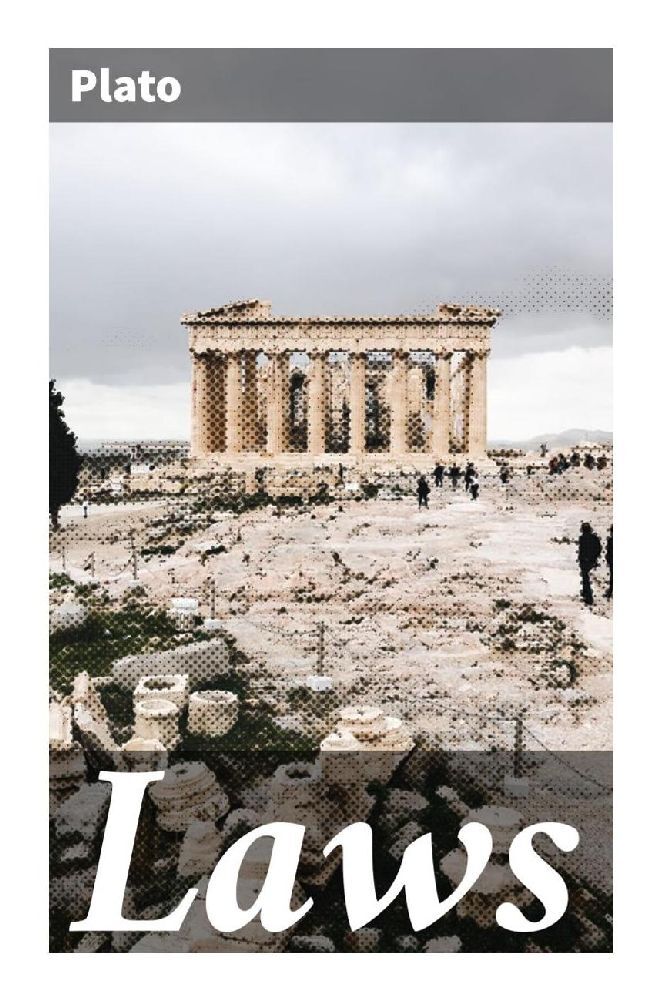In "Laws," Plato embarks on a comprehensive exploration of governance and morality, presenting his vision of an ideal state and the principles that underpin a just society. Written in dialogue form, this work diverges from his earlier, more abstract theories in "The Republic," to engage with practical legal structures and the complexities of human nature. Through the characters of the Athenian Stranger, Clinias, and Megillus, Plato addresses the intricacies of legislation, education, and the role of the citizen, integrating Socratic inquiry with a rich tapestry of ethical philosophy. The text reflects the historical context of Plato's time, marked by political turmoil and a yearning for stability, which informed his thoughts on the interplay between law and virtue. Plato, one of the most influential philosophers of Western thought, was deeply invested in the societal dynamics of his time. His experiences in the politically volatile Athens post-Peloponnesian War fostered a longing for a more harmonious and virtuous society, which he ardently pursued through his writings. "Laws," the last of his dialogues, encapsulates his lifelong inquiry into justice, civic responsibility, and the cultivation of the ideal citizen, marking a synthesis of his philosophical explorations. This captivating text is recommended for anyone interested in philosophy, political theory, or the foundations of Western thought. Plato's "Laws" offers profound insights into the nature of justice and the art of governance, encouraging readers to reflect critically on contemporary societal structures and their ethical underpinnings. Engaging with this dialogue will not only enrich one's understanding of Plato's philosophical journey but also inspire meaningful dialogue about our own civic responsibilities.












